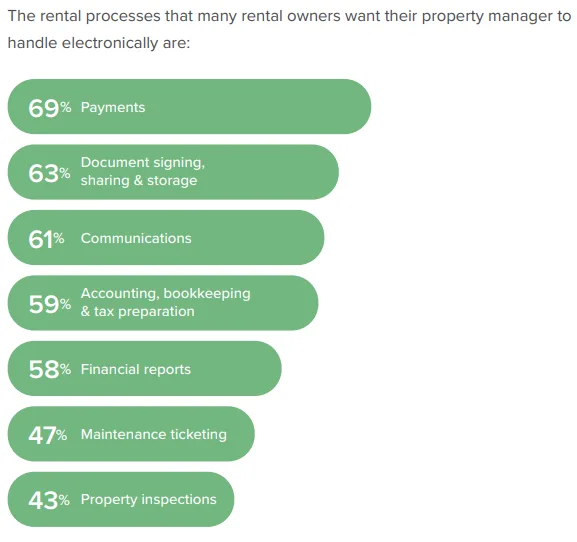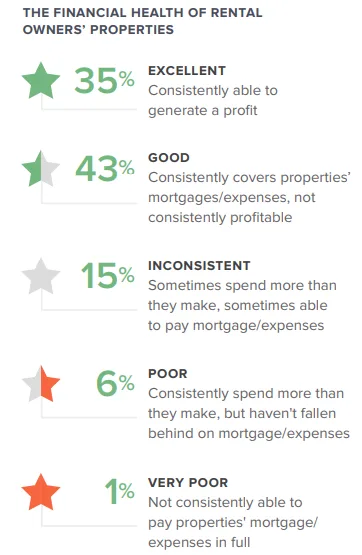Topics: Finance and Accounting Transformation, Property Management
Posted on December 17, 2024
Written By Siddharth Sujan

The property management industry is full of ups and downs—especially when it comes to finances. Seasonal shifts can throw cash flow into chaos, making it vital to stay ahead of tenant payments and rental income. Without a plan, even a small fluctuation can lead to big challenges.
This blog looks at how finance leaders can take charge of property management accounts receivable to avoid those headaches. We’ll unpack smart strategies like streamlining billing and tweaking payment schedules to better match seasonal trends. The goal? To help you stay financially steady, no matter what the season brings.
If keeping your cash flow smooth and predictable sounds like a win, read on for practical tips to keep your finances strong and your stress levels low.
Running a property management business requires keeping a close eye on seasonal shifts —not just the weather but the financial cycles that affect every corner of your operations. These shifts affect tenant turnover, utility usage, and maintenance needs, each leaving its mark on your financial outlook.
For example, summer often comes with a jump in utility costs as air conditioning runs full blast, while winters could bring about higher heating expenses and extra spending on snow removal. These cycles can also bring more tenant movement—students relocating for school, families timing moves with the academic calendar, or people choosing to settle in during more comfortable weather.
These variations make management of seasonal cash flow in property management extremely challenging. High tenant turnover during peak times, like summer, incurs additional costs from advertising vacancies, refurbishing units, and screening new tenants. Meanwhile, the cooler months might reduce turnover but increase maintenance and heating costs.
That’s why it’s crucial to recognize these trends and prepare for their financial impact. Proactive accounts receivable management can help smooth out cash flow and ensure you’re ready to handle the expected—and the unexpected.

Proactive accounts receivable (AR) management is all about staying ahead of potential payment challenges. It involves taking deliberate steps to improve how payments are managed—long before issues arise. By anticipating the financial pressures that come with seasonal trends and implementing systems to ensure steady cash flow, finance leaders can avoid cash shortages during slower months and make the most of revenue opportunities during busier periods.
Here are a few practical ways to handle seasonal cash flow challenges effectively:
By adopting these proactive strategies, finance leaders can turn accounts receivable into a powerful tool for tackling seasonal fluctuations. Not only does this approach safeguard your revenue, but it also strengthens tenant relationships—building trust, reliability, and financial stability for the long term.
RELATED BLOG: Automation is reshaping property management, especially when it comes to cost control – find out more here!

From market shifts to seasonal fluctuations, managing a property portfolio comes with its share of unpredictability. That’s why taking a forward-thinking approach to financial management is essential. Proactive accounts receivable management isn’t just about fixing short-term cash flow issues—it’s a strategy that strengthens your financial foundation, promotes growth, and keeps your business resilient in the face of change.
To make proactive AR management a cornerstone of your strategy, it’s important to think beyond routine processes and align it with your broader business objectives.
RELATED BLOG: Click here to know when & how to scale your property management business effectively.
The property management industry often faces external pressures, from seasonal fluctuations to economic challenges. Proactive AR management can help your business weather these changes with less disruption.
RELATED CASE STUDY: Optimizing receivables through QX’s proprietary automation solution QX ProAR – read the full story here!
Seasonal shifts can make managing property finances a challenge, but with the right strategies, it’s possible to maintain steady cash flow year-round. From automating billing processes to offering flexible payment terms and maintaining clear communication with tenants, these proactive approaches help property managers stay ahead of seasonal fluctuations. The result? Stronger cash flow, improved tenant relationships, and a more resilient operation.
At QX Global Group, we specialize in property management accounts receivable services. Our expertise helps streamline billing, stabilize cash flow, and strengthen tenant engagement, so your operations remain financially sound no matter the season.
Looking to enhance your property management financial planning? Connect with our team today and discover how we can help you achieve stability, growth, and peace of mind—every step of the way.
Originally published Dec 17, 2024 06:12:18, updated Mar 06 2025
Topics: Finance and Accounting Transformation, Property Management